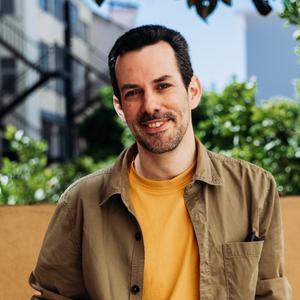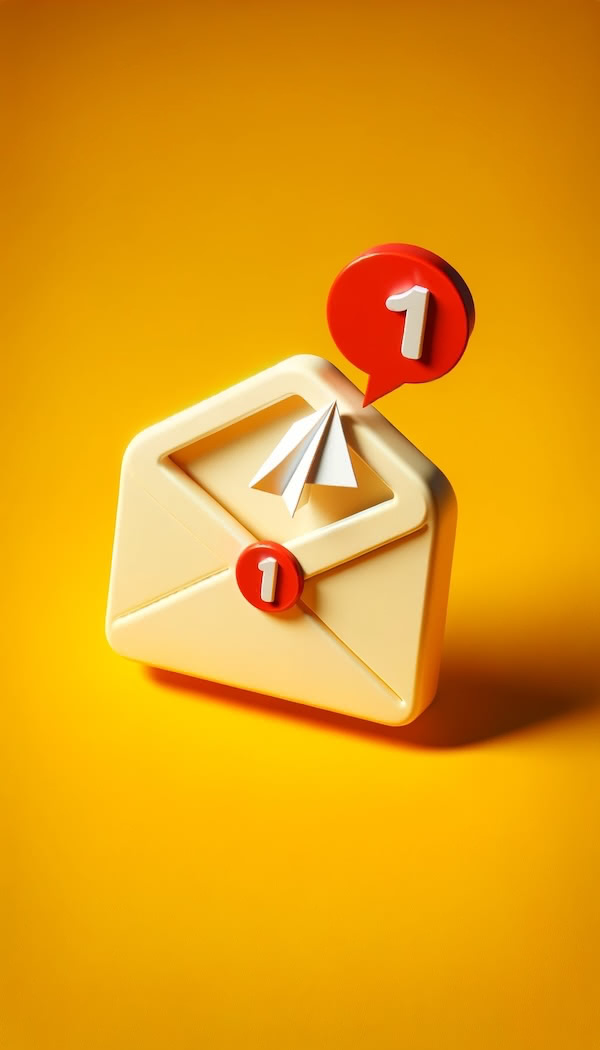Remember Aaron Swartz? He was a prime example of what the internet and the web can be. When he was 14 he was already contributing to the web with the RSS specification. This was made popular during the glory days of blogging and it inspired innovation within its field of sindicating content.
Aaron had downloaded a large amount of scientific articles using the University’s access and network.
This is an extreme example of how “information wants to be free”. This is a phrasing that as been around since 1984 and needs some updates, especially for us in the Communication or Public Relations (PR) fields.
1. Not all information wants or needs to be free.
Before social media, most of the online information was indeed of public interest, published by universities or the result of individual hobbies and projects. This was before Google and other big companies began building databases about us and to manipulate our behaviour through targeted ads.
Interesting reads about this topic:
- Marketing as Control of Human Interfaces and Its Political Exploitation
- How we need to remake the internet
Within PR we understand that some information is valuable as a competitive advantage, other needs to be made public to help foster relationships and strengthen corporate culture.
2. Gathering information doesn’t mean you own it.
The General Data Protection Regulation (GDPR) didn’t come about because we trust companies to respect the users’ privacy. It sets important limitations to how companies store and use our personal identifiable information (PII)
This was a big step to protect that personal information and contain its amoral use by corporations.
3. Creating information doesn’t mean you can take it everywhere.
I joined Twitter back in February 2007, and right now I have stopped using it and those 16 years worth of tweets are “trapped”.
Yes, Google, Twitter and other social media platforms have to allow some sort of export of your content. Which doesn’t mean you can easily import it into your computer or another website.
Formats are important when we want to ensure interoperability and a seamless use of information.
4. Information needs to be found.
This is why we should worry about Search Engine Optimisation and User Experience. It’s an important part of getting our message to the right publics. And it is also why librarians are so important today. They are the best at sorting through information, curating it, and making it available.
And this is also an opportunity in the field of AI.
An example of Sustainability
https://www.carbonbombs.org/, is an excellent example of what can be done when Public Information is put together. This website makes the connection between current fossil fuel projects, the companies behind them, and the banks financing them.
Your tools for this week
This week, three writing companions using AI.
Jasper - Create content faster with artificial intelligence.
Compose AI - Compose AI is a free Chrome extension that cuts your writing time by 40% with AI-powered autocompletion.
Rytr - Rytr is an AI writing assistant that helps you create high-quality content.

